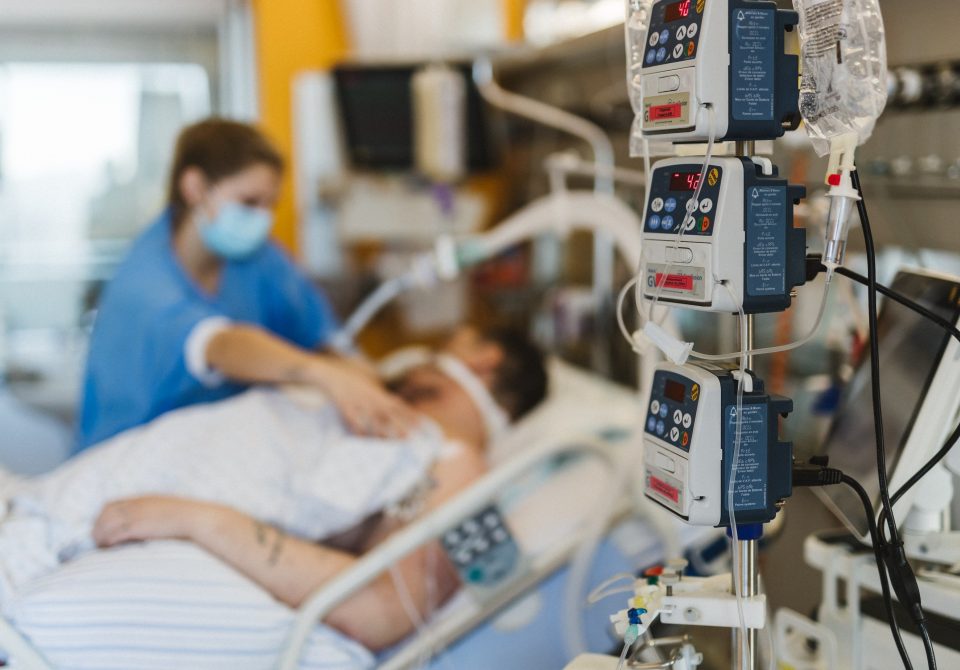Advanced Programme, 1 year
Intensive Care and Emergency Medical Aid (SIAMU)
Health
#parnasse
See our Brochure
Campuses:

In brief
Accompanying the patient in critical moments, acting in a precise, thoughtful and humane way.
The strengths of the Advanced Bachelor in Intensive Care and Emergency Medical Aid.
- Rigorous teaching on the approach to and care of the critically-ill patient, both adult and paediatric.
- Theoretical and practical courses at the cutting edge of scientific knowledge, taught by a passionate medical-nursing team.
- Numerous practical activities and workshops (extrication exercise, applying plaster splints, visit to Search and Rescue in Coxyde, etc.) which enrich the programme and skills training.
- The programme also leads to the European Resuscitation Council – ERC’s certificate in basic cardiopulmonary resuscitation (CPR /AED).
Good to know
- The Advanced Bachelor in Intensive Care and Emergency Medical Aid is open to holders of the Bachelor: Nurse Responsible for General Care or a Degree in Nursing (gradué) or holding an equivalent foreign qualification.
- A one-year full-time programme with the possibility of flexible arrangements to enable students to combine study with a professional activity.
- The programme gives access to the specific professional title of Nurse specialised in Intensive Care and Emergency Medical Aid (TPP SISU).
A career as a Nurse specialised in intensive care and emergency medical aid
The nurse specialised in intensive care and emergency medical aid provides care within a multidisciplinary team to patients and their families admitted to intensive care or emergency departments in pre-hospital, hospital or out-of-hospital settings.
Their responsibilities include:
- prioritising care and applying emergency measures to any patient;
- providing highly technical nursing care to patients;
- assisting the doctor in emergency conditions or in intensive therapeutic activity;
- working in a multidisciplinary team;
- intervening in hospital and out-of-hospital settings (accidents or health problems at home, accidents at work, road accidents, etc.) while taking into account the human environment;
- being the indispensable support for families or relatives;
- raising awareness of clinical research
The Programme of Study
Programme1 year - 60 credits
The teaching programme is composed of alternating periods of taught courses and internships.
The theoretical component is structured 3 main themes:
- Profession-relevant sciences (including a clinical case study),
- Basic and biomedical sciences,
- Human and social sciences.